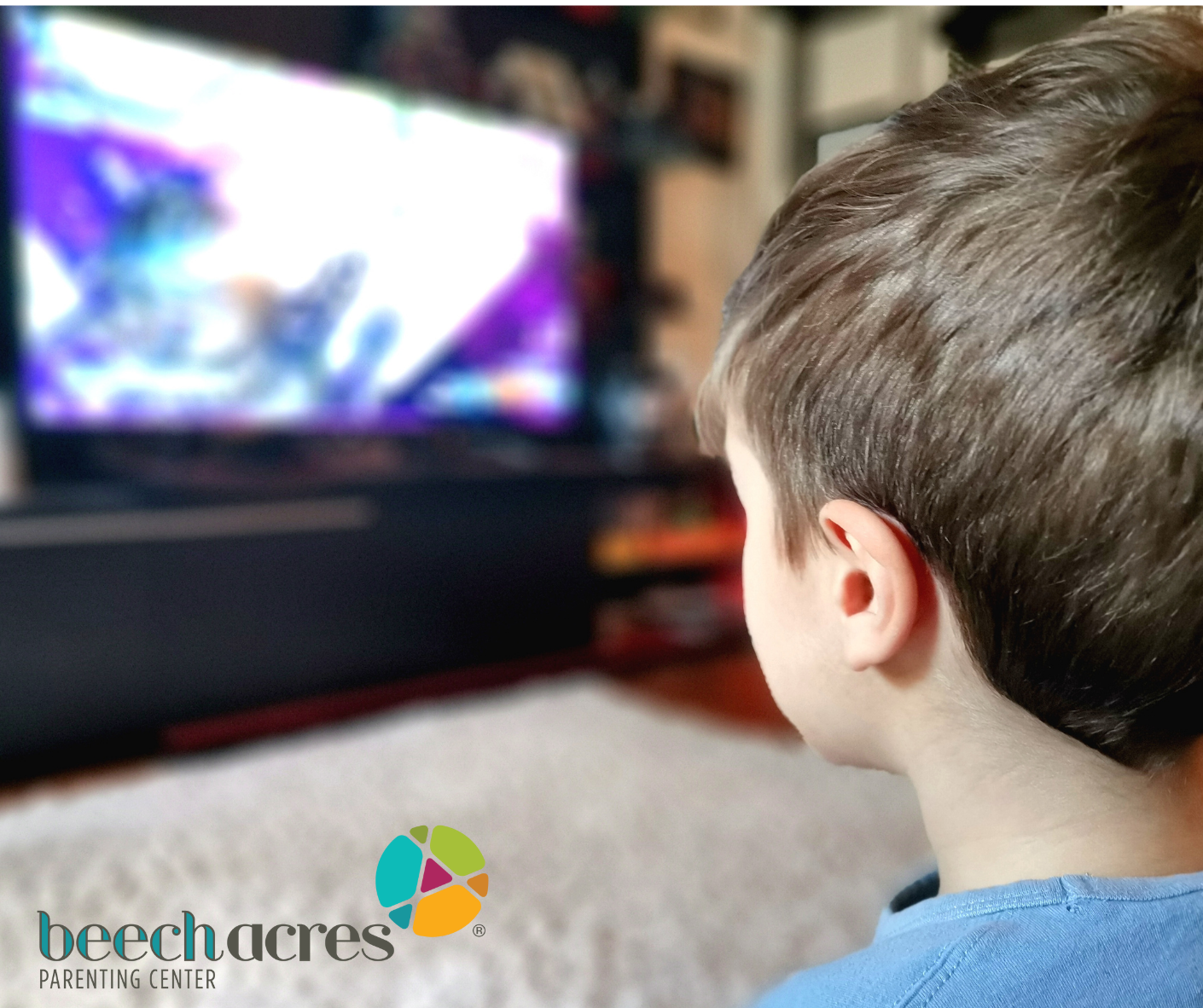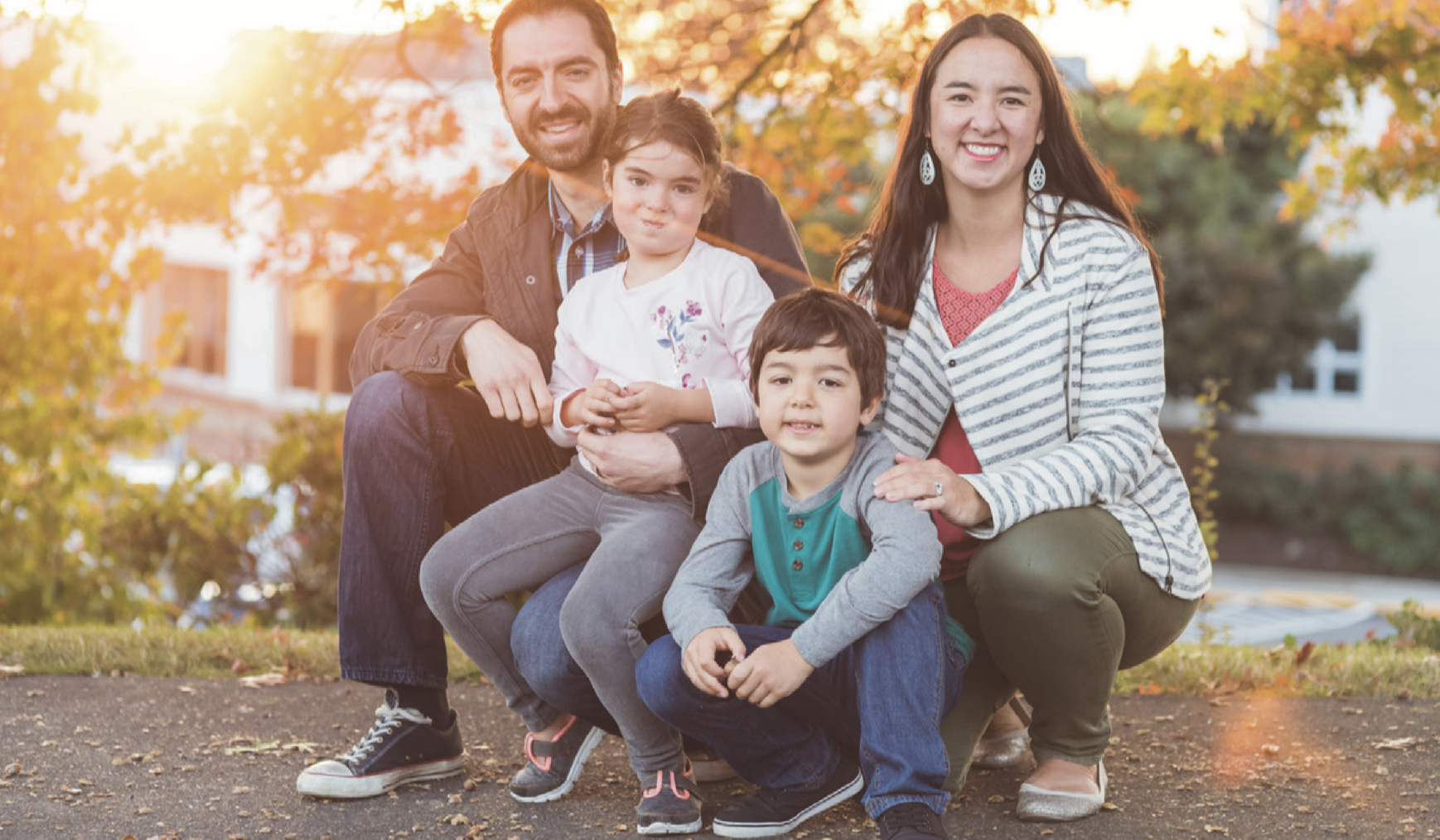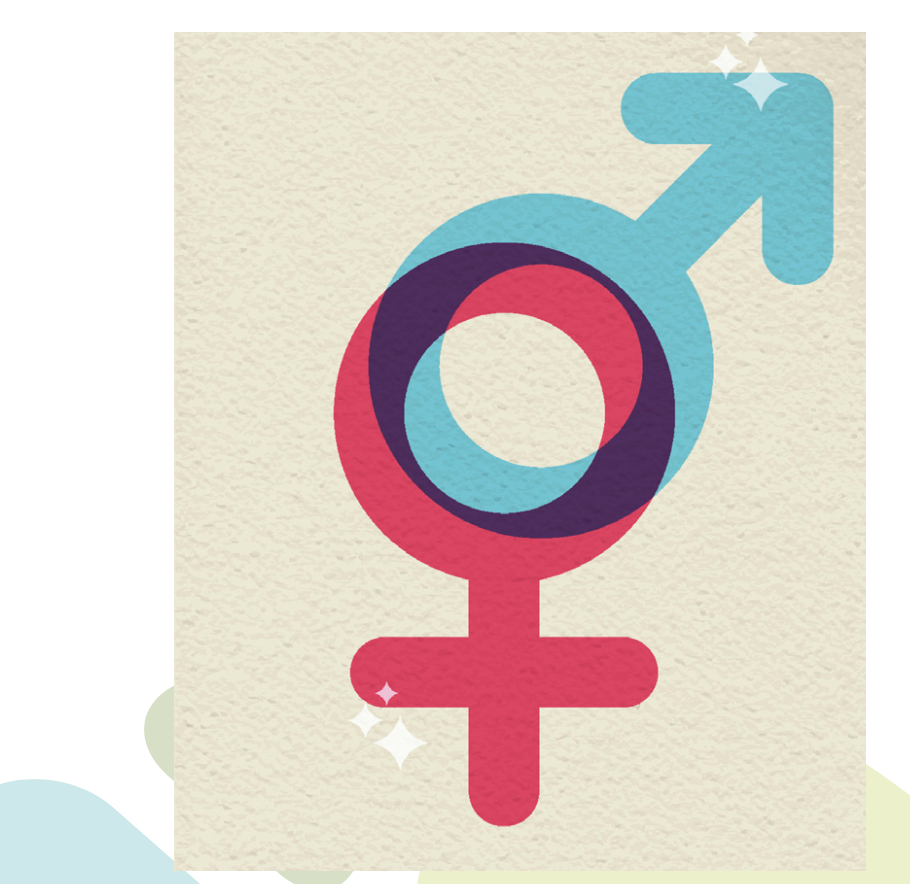Addressing Questions Your Child May Have About the War in Ukraine

Addressing Questions Your Child May Have About the War in Ukraine
Your children may have a lot of questions about things they may be hearing in the news lately. Even if you try and shield them from bad or scary news, kids are intuitive, they know when something is wrong. Large-scale news such as the geopolitical turmoil currently unfolding in Ukraine may be even more challenging for them to comprehend. The questions can turn into anxious feelings that may impact everything from bedtime routines to performance in school. It’s ok to talk to your kids about what’s going on in the world and what they may hear in the news or in adult conversation. They’re always listening to what’s going on.
Here are some tips from our parenting specialists to help you have these conversations.
Children may hear and watch content about the war on the news, on social media, or on the playground that can be frightening and overwhelming for them. They may have questions about what they are hearing, but they may be too afraid to ask, or not know how to articulate what they are feeling. Consider monitoring what your child is watching (news, on TikTok, etc.) and try to avoid viewing repetitive violent and graphic images, which can be disturbing both for adults and children. Instead, seek out and share verified, positive stories of perseverance in light of tragedy with your child.
For parents and caregivers, it is important for you to handle your own emotions before having discussions about war with your child. Your children are listening to and watching how the adults around them are reacting to current events and they learn from your responses. Use your strength of honesty when speaking to your child about these difficult issues. They’ll recognize that you’re being genuine and appreciate the candor.
Have Intentional Conversations with your children
Create a time and place for your child to ask you questions, but do not force your child to talk about it. Try to use the questions our parent coach recommended in a recent Facebook LIVE, ‘what are you wondering about?’ ‘what are you worried about?’ Listen to your children and answer their questions as best you can at your child’s appropriate developmental level. Affirm how your child is feeling and reacting to the news. Briefly, share how you’re feeling with your child. It’s ok to let them know if you’re concerned about recent events, but do not overwhelm them with your concerns. This intentional time can help your child focus and express their feelings in a safe and open manner.
Next, provide support by exploring ways that children can share feelings (drawing, writing a story, playing, etc.). Create and stick with a consistent, predictable routine. Incorporate a mindfulness exercise before dinner or at bedtime. Simply stopping and focusing on breathing for a step or two can help your child (and you!) calm your mind. These tips will help your child feel safe.
Take Action
For some kids, taking action may make them feel better. Find an organization, like UNICEF, that is providing direct relief to citizens in the affected region and make a donation for example. Or for older children, teach them how to email or call their congressperson if they have strong opinions to share.
Monitor how your child is feeling, whether they are worried, and how they are doing physically (eating, sleeping, body aches, etc.). Consider a referral to a mental health professional if your child has ongoing persistent and upsetting thoughts, intense distress or anxiety about death, difficulties separating from their caregiver, has difficulties sleeping, and seems very overwhelmed by war or current events.
Parent Connext™ Child Development specialists are always here if you want individualized support for your family if for example, you have family abroad or family in the military, which may heighten your child’s concerns.




